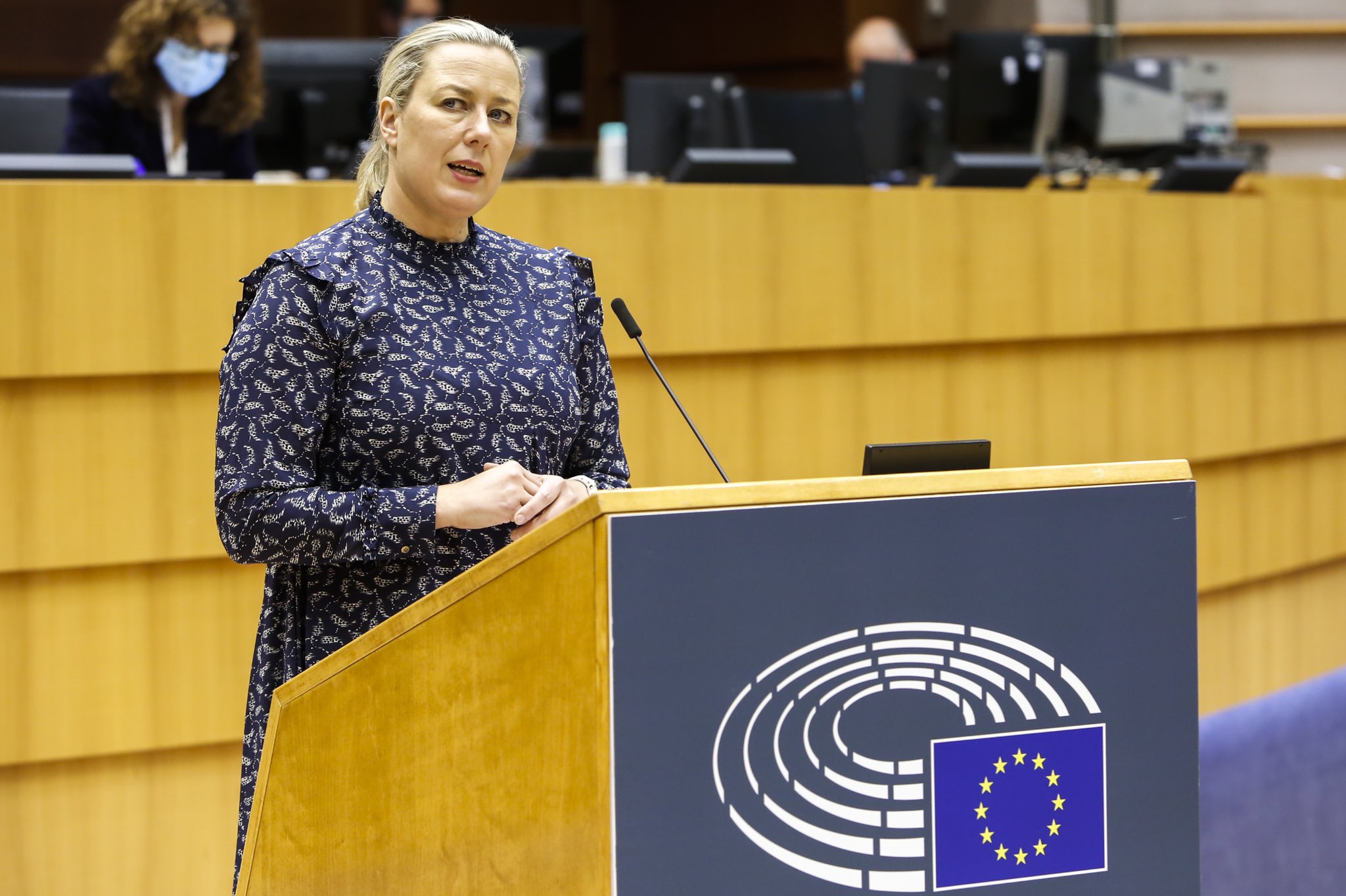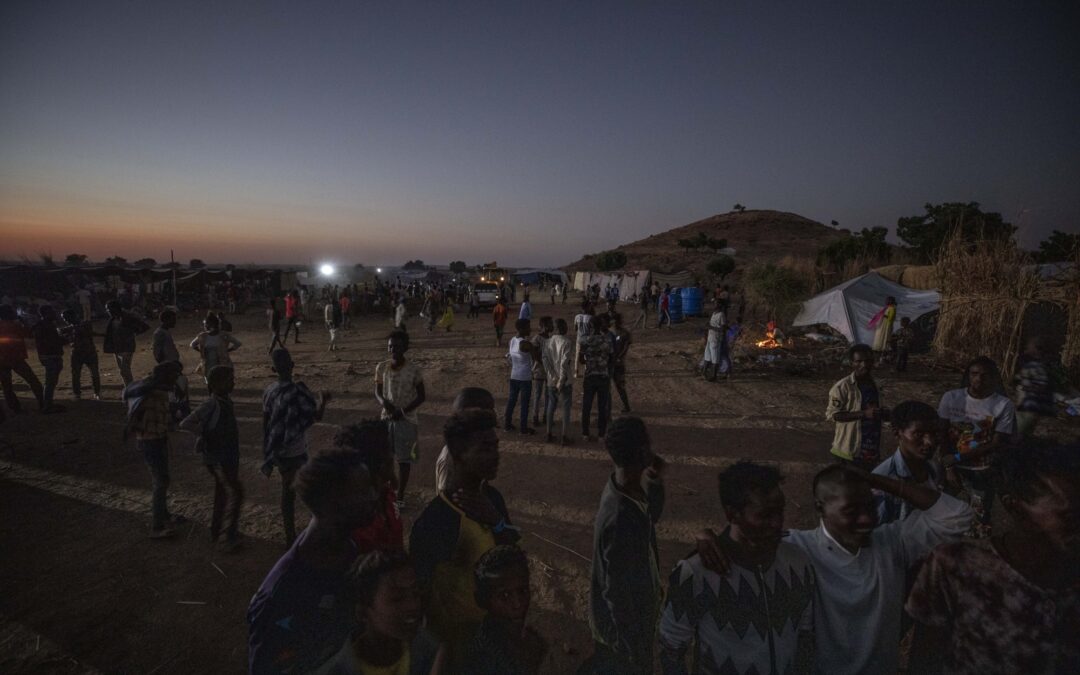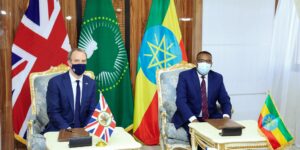Speech by Commissioner Jutta Urpilainen at the European Parliament plenary debate on Humanitarian situation in Ethiopia 11/02/2021
Our decision to postpone the disbursement of three budget support payments for a total amount of EUR 88.5 million must be seen in that context, where we are asking for a cease of hostilities, unhindered humanitarian access and an investigation of reported human rights abuses.

Dear President, Honourable Members,
Three months into the conflict in Tigray, the EU is still extremely concerned by the situation in Ethiopia. Ethiopia is an important EU partner in the Horn of Africa and is one of the few countries with whom the EU has a ‘strategic engagement’.
Our decision to postpone the disbursement of three budget support payments for a total amount of EUR 88.5 million must be seen in that context, where we are asking for a cease of hostilities, unhindered humanitarian access and an investigation of reported human rights abuses.
As time passes by, let me be clear colleagues, the humanitarian situation is getting dangerously critical.
The newly established administration in Tigray stated mid-January that over 4.5 million people (75% of the population in Tigray) were in need of emergency food assistance, of whom 2.2 million were internally displaced persons, with other basic needs. Most of Tigray is now classified as crisis in the food security classification, which is one step before famine. The health system has collapsed in many places.
This requires immediate scale up of assistance, with large-scale food distributions and provision of primary health care services. A drastic increase of additional experienced emergency staff is urgently needed.
On Monday, together with the HRVP Borrell and Commissioner Lenarcic, we have issued a Statement calling for immediate strengthening of actions.
First, two months after the signature of the UN and Government of Ethiopia access agreement, aid actors are still without meaningful access to most of Tigray.
We take note of the engagement by the Government of Ethiopia to review urgently requests submitted by humanitarian partners but more improvement on humanitarian access is needed.
Relief actors, including large UN agencies such as World Food Programme or UNHCR, need to be able to operate directly and not only via or in support of the Ethiopian administration.
Second, the protection of civilians caught in the Tigray conflict is at the heart of our preoccupations, with increasing reports of ethnic violence, casualties and serious violations of human rights, international refugee and humanitarian law, including appalling levels of sexual and gender based violence.
The EU continues supporting refugees, IDPs and host communities through the implementation of programmes, financed by the EU Trust Fund for Africa. In addition, the EU supports poorest food-insecure households through the ‘Productive Safety Net Programme (PSNP)’ with a contribution of EUR 50 million.
The EU has called for the prevention of refoulment or forced return targeting Eritrean refugees. It has underlined that all civilians in search of assistance, safety, and security in Tigray should be safe and free to move to other Ethiopian regions or towards neighbouring countries.
We are, in that light, very much concerned about the situation at the border with Sudan. As a result, the EU has been allocating additional funds (EUR 70 million) to the ‘Sudan Family Support Programme’ to support the Government of Sudan hosting Ethiopian refugees.
Last but not least, the Finnish Foreign Minister, Pekka Haavisto, is leading this week a high-level EU-mandated mission to Sudan and Ethiopia, notably to discuss humanitarian access with Ethiopian authorities and we are looking forward to working with him, and with this House, to take the recommendations forward.
- Lideta Sub City Woreda celebrated International Women’s Day - 11th March 2024
- THE AMHARA FANO FREEDOM FIGHTERS - 13th February 2024
- GREAT VICTORY FROM SHOWA GOVERNORATE - 12th February 2024



